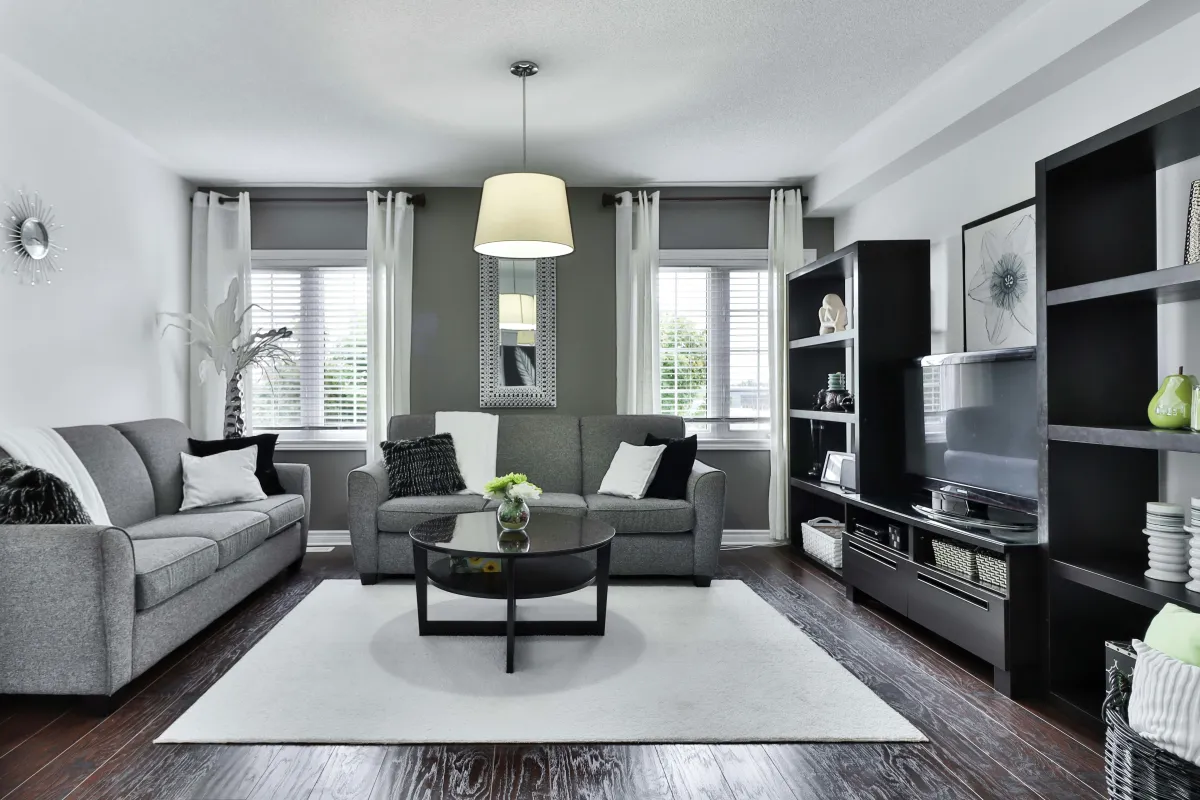
Carpentry vs. Modular Furniture – Why Modulars Are the Smarter Choice for Modern Homes
When it comes to designing a beautiful and functional home, furniture plays a major role. Traditionally, carpentry work done on-site by local craftsmen was the norm. But with changing lifestyles, design preferences, and technological advancements, modular furniture has rapidly become the go-to solution for contemporary homeowners.
So, what’s the difference between traditional carpentry and modular furniture, and why are so many people switching to modulars? Let’s explore.
1. Simplicity in Process
Carpentry Work: Requires on-site planning, constant supervision, noise, and mess. The entire process can stretch for weeks, often leading to delays and confusion.
Modulars: Factory-manufactured, precision-designed units arrive ready to assemble. The entire setup is installed quickly and cleanly, with minimal disruption to your daily life.

2. Time Savings
Carpentry: Each element is built from scratch, right in your home. This means weeks or even months of work, depending on complexity.
Modulars: Since the pieces are pre-fabricated, the entire installation process can be completed in just a few days—sometimes within hours.
3. Quality, Precision & Durability
Carpentry: Quality varies depending on the skill of the carpenter. Precision is often compromised, and there’s no guarantee of long-term durability.
Modulars: Made using high-end machinery, ensuring consistent quality and finish. Materials like marine ply, MDF, or HDHMR offer excellent durability and resistance to moisture and pests.

4. Finish & Aesthetics
Carpentry: Limited options with manual finishes. Achieving a modern, sleek look is more difficult.
Modulars: A wide range of finishes such as acrylic, membrane, PU, matte laminate, and glass options allow you to personalize your space with designer appeal.
5. Customization & Flexibility
Carpentry: Custom designs are possible, but making changes mid-way is difficult and expensive.
Modulars: Highly customizable. You can choose layouts, colors, finishes, and even reconfigure or upgrade in the future with minimal effort.
6. Space Optimization
Carpentry: May not always use space efficiently, especially in compact homes.
Modulars: Designed to fit your exact measurements, modulars make use of every inch smartly—especially useful in urban apartments.
7. Maintenance & Warranty
Carpentry: Often no formal warranty or after-sales service.
Modulars: Most modular companies offer warranties and ongoing support, giving you peace of mind.
Final Thoughts:
While traditional carpentry still has its charm and use in select cases, modular furniture is clearly the future—offering time-saving, flexible, and high-quality solutions tailored to modern needs. Whether it's a kitchen, wardrobe, study unit, or TV console, modular designs bring a perfect blend of function, finesse, and form.
Ready to transform your home with elegant, efficient modular designs? Reach out to us.
#ModularFurniture #InteriorDesign #HomeMakeover #ModernLiving #SmartFurniture #HomeRenovation #FurnitureDesign #SpaceSavingSolutions #ModularVsCarpentry #FunctionalFurniture #LaItaliyaInteriors #LaItaliyaStyle #DesignedByLaItaliya #LuxuryInteriors #InteriorGoals #ContemporaryHomes #UrbanLivingSolutions #HassleFreeDesign #QuickInstallFurniture #SmartHomeSolutions #CustomizedSpaces #ElegantDesigns #DurableFurniture #StyleAndFunction
